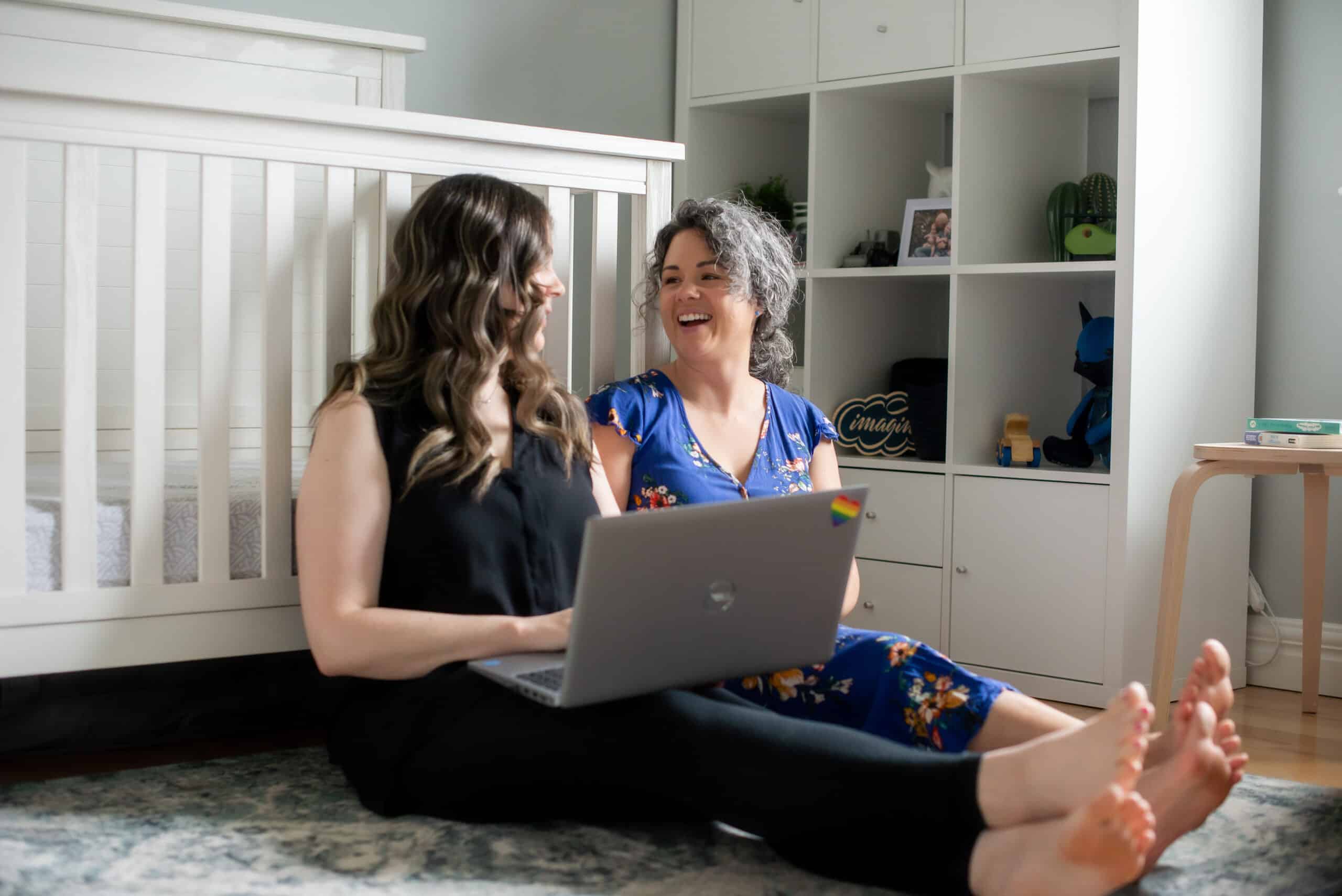
28 May Crafting the Perfect Bedtime Routine for Your Baby (0-18 Months) with Expert Advice from a Certified Pediatric Sleep Coach
As a certified pediatric sleep coach, I understand the importance of a well-established bedtime routine for your baby. The first 18 months of a child’s life are crucial for developing healthy sleep patterns. In this blog, I’ll provide expert guidance on creating an effective bedtime routine tailored to your baby’s age and unique needs. A soothing bedtime routine can be a game-changer, leading to peaceful nights and well-rested mornings.
The Importance of a Bedtime Routine
A consistent bedtime routine not only helps your baby fall asleep more easily but also signals to their little body that it’s time for sleep. This predictability can lead to improved sleep quality and establish healthy sleep habits.
Bedtime Routine for Different Age Groups (0-18 Months)
Newborns (0-2 Months):
- Soothing Bath: Begin with a gentle, warm bath to relax your baby.
- Soft Massage: Follow the bath with a calming baby massage using mild, baby-safe lotion.
- Dim Lights: Create a peaceful ambiance by dimming the lights.
- Quiet Feeding: Offer a quiet, bedtime feeding, ensuring your baby is well-fed but not overstimulated.
- Cuddle and Lullaby: Cuddle your baby, sing a lullaby, and engage in quiet bonding moments.
- Swaddle and Bedtime: Swaddle your baby in a velcro swaddle and place them in the crib while drowsy but still awake.
Infants (3-12 Months):
- Breastfeeding or Bottle: Offer a quiet feeding session.
- Bath Time: Continue with a relaxing bath, followed by a gentle massage.
- Story Time: Introduce short, age-appropriate bedtime stories for added relaxation.
- Lullabies: Sing soothing lullabies or play calming music.
- Sleep Environment: Ensure the sleep environment is safe, quiet, and conducive to sleep.
- Bedtime Routine Consistency: Keep the routine consistent, as infants thrive on predictability.
Babies (13-18 Months):
- Routine Expansion: As your baby grows, consider expanding the routine with simple activities like brushing teeth or tucking in a soft toy.
- Pyjama Time: Dress your baby in cozy pyjamas.
- Soothing Words: Engage in quiet, soothing conversations to help your baby wind down.
- Independence: Encourage self-soothing skills as your baby develops, allowing them to fall asleep independently.
A Certified Pediatric Sleep Coach’s Role
As a certified pediatric sleep coach, I work with parents to create personalized bedtime routines that cater to their baby’s unique temperament and developmental stage. I offer guidance and support to ensure that the routine meets the baby’s and the parent’s needs for a peaceful night’s sleep.
Conclusion
A well-established bedtime routine can be a game-changer in helping your baby sleep soundly. As your baby grows, the routine can evolve to match their developmental needs. Consistency and adaptability are key. If you need expert guidance or have specific concerns about your baby’s sleep, don’t hesitate to contact a certified pediatric sleep coach for personalized assistance.
With the proper bedtime routine, you can create a serene sleep environment that fosters healthy sleep patterns and leads to soothing slumbers for your baby and yourself.


No Comments